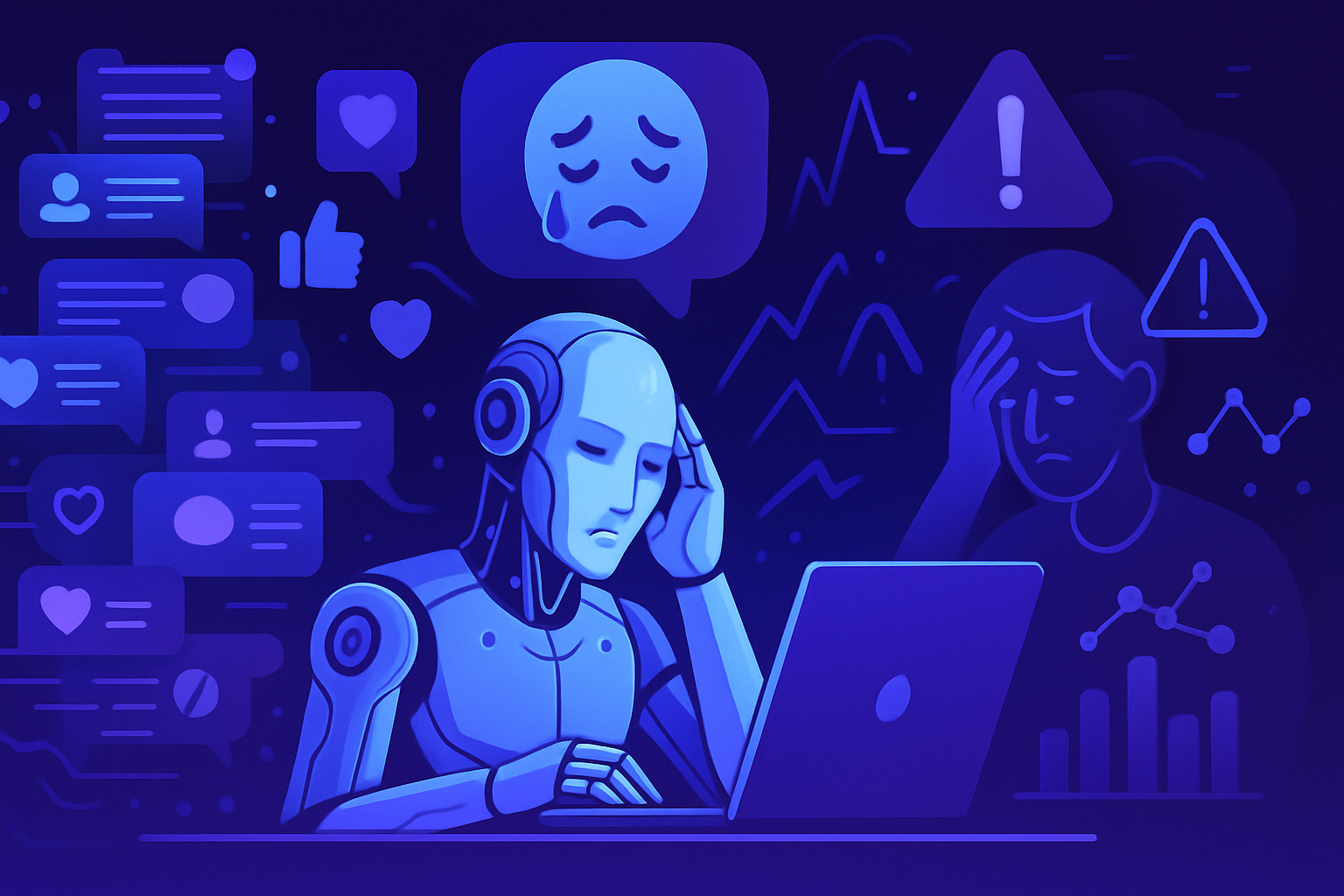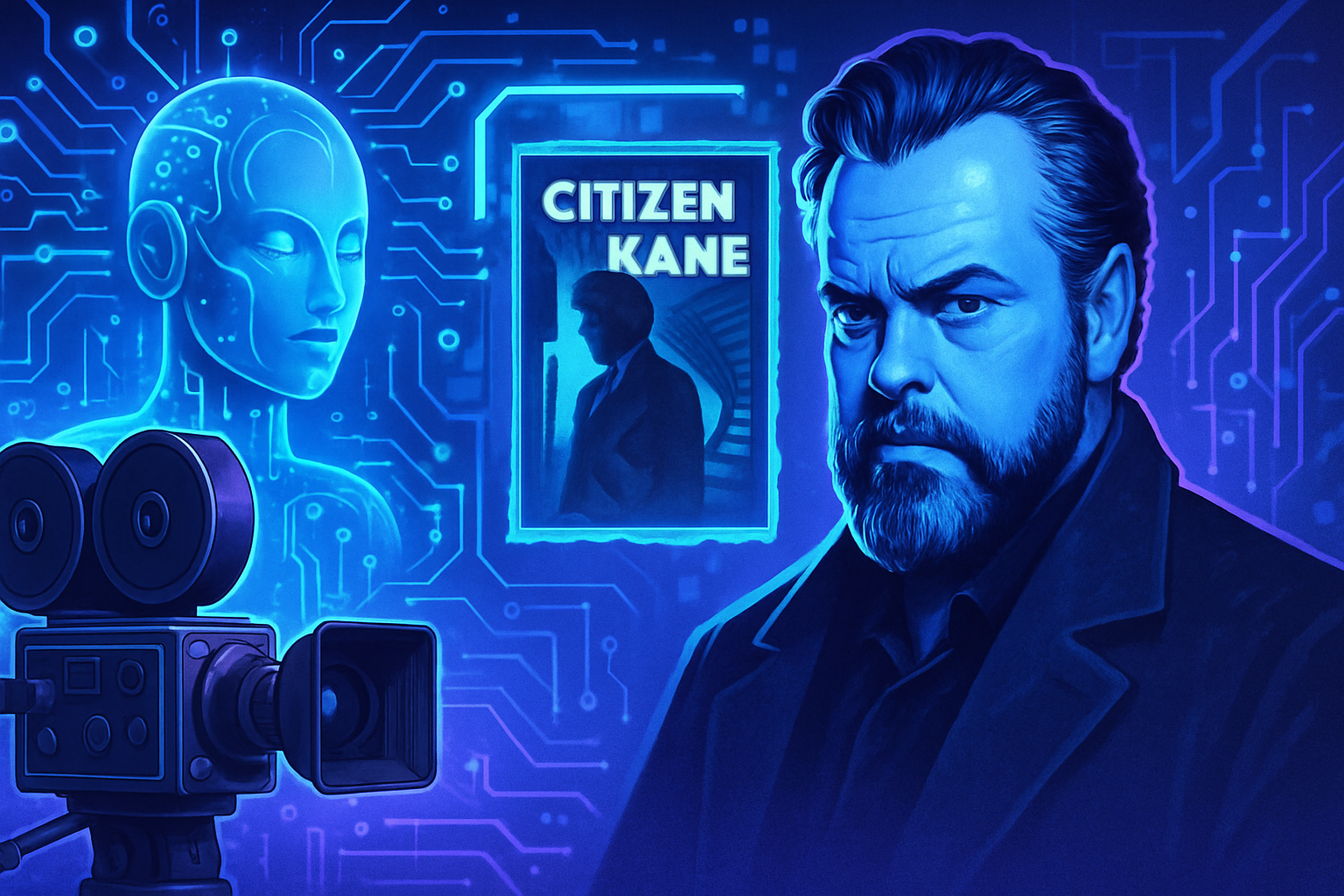Artificial intelligence raises high expectations, but it struggles to meet the demands of social media teams. Budgets dedicated to these technologies are increasing, while their effectiveness on the ground remains concerning and often fragile. The trust of the teams is shaken, as they have to deal with tools that are often unsuitable and disconnected from the dynamic realities of social networks.
*The data used does not always reflect the required immediacy*, leading to content that is out of sync with current trends. *The subtleties of each platform often escape AI systems*, forcing professionals to rework the suggestions generated. The quest for genuine and relevant automation has not yet found a satisfactory outcome, thus posing major challenges in the face of the need to act quickly and effectively.
The gap between perception and reality
Marketing leaders have an optimistic view of the innovation brought by artificial intelligence in the sector. According to a study conducted by Hootsuite, 86% of marketing managers and 79% of social media managers report daily use of AI. Despite these figures, trust in these tools remains surprisingly low. Indeed, only 39% of professionals believe that the solutions they use are based on real-time data.
This discrepancy between the optimism of leaders and the daily experience of social media teams raises questions. AI tools are supposed to lighten the workload and enhance productivity, but in practice, they make workflows more complex. A staggering finding is that 43% of professionals spend more than 11 hours a week interacting with these tools, a situation far removed from the promised time savings.
The gaps in used data
The first element to question is the quality of the data used by AI tools. By and large, these solutions are not directly related to social networks. They merely exploit outdated and generalist sources. For managers, this results in content production that is disconnected from current trends. Thus, 43% of professionals believe that the generated texts resemble impersonal summaries rather than true publications tailored to each platform.
The challenge of tone and style
Although each social network has its own codes and cultural references, AI systems struggle to capture this essence. The inappropriateness of tone often results in necessary corrections. Forty percent of social media managers claim to retouch AI-generated content not due to the quality of the proposed ideas, but rather because of the stylistic clumsiness or inappropriate references.
A wavering trust
The limit of trust in these technologies is reinforced by the observed results. Only 28% of professionals believe that their management tool reveals the true dynamics in real-time on social networks. This situation is problematic, as a solution that cannot detect emerging trends or grasp the appropriate tone significantly loses its value. Teams spend more time on checks and corrections than on actually creating content.
The urgency of a social-first AI
A diagnosis is imperative: the real shortcoming lies in the insufficient integration of AI into the social ecosystem. Based on Hootsuite’s observations, it is necessary for AI to be designed to meet the demands of social networks. A social-first approach must focus on analyzing real-time signals, understanding the specific tones of each platform, and producing content that is almost publishable without requiring complex rewrites.
Innovative solutions are beginning to emerge in this direction. Their goal is not to replace the creativity of teams but to eliminate the friction that hinders their daily efforts. Such a change could provide a real efficiency lever, allowing teams to focus on creation and interaction, which are essential in the dynamics of social networks.
FAQ on the challenges of artificial intelligence in supporting social media teams
What are the main reasons why artificial intelligence is ineffective on social networks?
The main issues include the use of outdated data, a lack of understanding of the tone specific to each platform, and limited trust in the results generated by AI.
How do social media teams perceive the use of AI in their daily work?
Many social media managers feel that AI complicates their work, as they must spend more time verifying and correcting content rather than focusing on creation and interaction.
Why is AI unable to detect emerging trends in real-time?
Most AI tools are not directly connected to social networks and rely on fixed data sources, which limits their ability to react quickly to trends.
What is the importance of cultural adaptation in AI-generated content?
Each platform has its own codes and cultural references. An unadapted AI does not capture these nuances, resulting in content that is out of sync with user expectations.
How could AI better support social media teams?
To be effective, AI must be designed to analyze signals in real time, understand the specific tone of platforms, and produce easily usable content without requiring heavy revisions.
Why do decision-makers have a different perception of AI compared to the teams using it?
There is a gap between the leaders’ vision, who have faith in the effectiveness of AI tools, and the reality of users, who find that these tools complicate the work process further.
What impact does the delay in executing campaigns have on marketing results?
The delay in launching campaigns due to the inefficiency of AI can lead to a lack of responsiveness and decreased engagement, which can have significant consequences in an environment where speed is essential.
How can AI create content disconnected from ongoing conversations on social networks?
AI tools that rely on outdated data sources can generate content that does not reflect current discussions, thus appearing as generic summaries rather than relevant publications.





